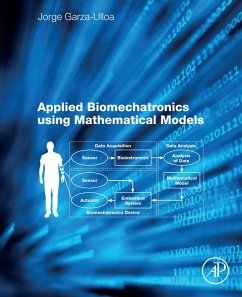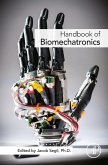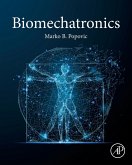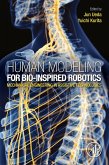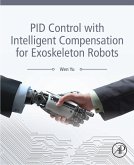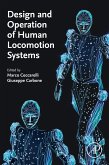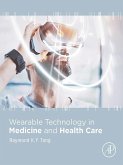Applied Biomechatronics Using Mathematical Models provides an appropriate methodology to detect and measure diseases and injuries relating to human kinematics and kinetics. It features mathematical models that, when applied to engineering principles and techniques in the medical field, can be used in assistive devices that work with bodily signals. The use of data in the kinematics and kinetics analysis of the human body, including musculoskeletal kinetics and joints and their relationship to the central nervous system (CNS) is covered, helping users understand how the complex network of symbiotic systems in the skeletal and muscular system work together to allow movement controlled by the CNS.
With the use of appropriate electronic sensors at specific areas connected to bio-instruments, we can obtain enough information to create a mathematical model for assistive devices by analyzing the kinematics and kinetics of the human body. The mathematical models developed in this book can provide more effective devices for use in aiding and improving the function of the body in relation to a variety of injuries and diseases.
With the use of appropriate electronic sensors at specific areas connected to bio-instruments, we can obtain enough information to create a mathematical model for assistive devices by analyzing the kinematics and kinetics of the human body. The mathematical models developed in this book can provide more effective devices for use in aiding and improving the function of the body in relation to a variety of injuries and diseases.
- Focuses on the mathematical modeling of human kinematics and kinetics
- Teaches users how to obtain faster results with these mathematical models
- Includes a companion website with additional content that presents MATLAB examples
Dieser Download kann aus rechtlichen Gründen nur mit Rechnungsadresse in A, B, BG, CY, CZ, D, DK, EW, E, FIN, F, GR, HR, H, IRL, I, LT, L, LR, M, NL, PL, P, R, S, SLO, SK ausgeliefert werden.

